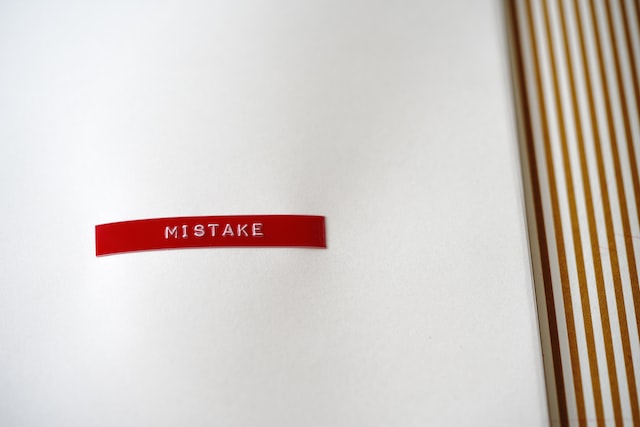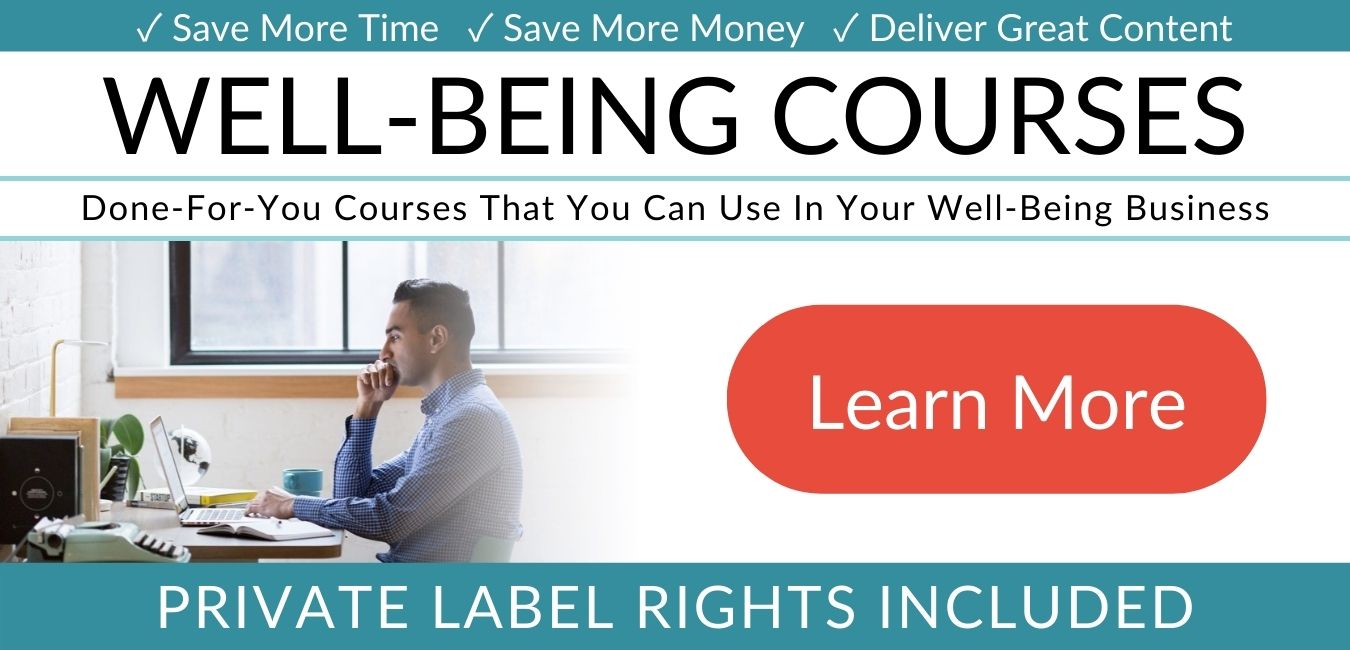Mistakes: Definition, Examples, & How To Learn From ThemMaking mistakes can be embarrassing and sometimes painful, but mistakes are important opportunities for learning and personal growth. Keep reading for more on mistakes and how to learn from them.
Luckily, making mistakes can be good for us if we know how to analyze and respond to them. Let’s talk more about mistakes and how we can use them as a valuable means of personal growth.
Before reading on, if you're a therapist, coach, or wellness entrepreneur, be sure to grab our free Wellness Business Growth eBook to get expert tips and free resources that will help you grow your business exponentially. Are You a Therapist, Coach, or Wellness Entrepreneur?
Grab Our Free eBook to Learn How to
|
Are You a Therapist, Coach, or Wellness Entrepreneur?
Grab Our Free eBook to Learn How to Grow Your Wellness Business Fast!
|
Terms, Privacy & Affiliate Disclosure | Contact | FAQs
* The Berkeley Well-Being Institute. LLC is not affiliated with UC Berkeley.
Copyright © 2024, The Berkeley Well-Being Institute, LLC
* The Berkeley Well-Being Institute. LLC is not affiliated with UC Berkeley.
Copyright © 2024, The Berkeley Well-Being Institute, LLC




